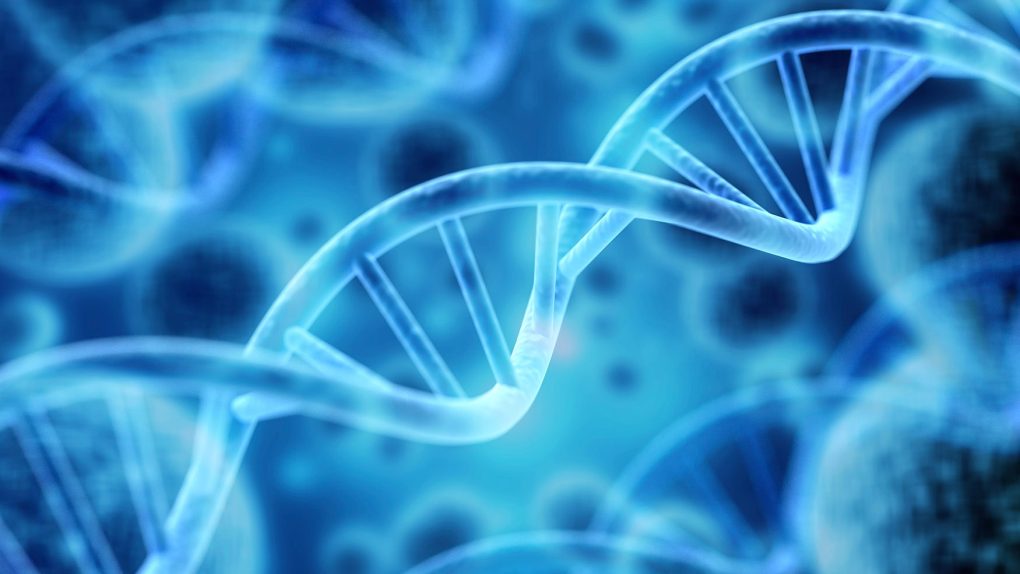- Scientists have developed a method by which male animals can pass on the genetic material of other, different males.
- The idea is that these animals would pass on the genes of the most desirable sire in a herd, maximizing the yield for the next generation.
- Laws still prevent genetically modified animals from entering the food chain.
sounds like something out of a scary science fiction plot but it’s happening all around us. In food production, tweaking the genetics of plants to increase yield and produce more and more food is common. In animals, things are a little less advanced, and many farmers still largely rely on selective breeding to produce the “best” livestock they can.
Now, new research has resulted in what scientists are calling “surrogate sires,” which are male animals that carry the genes of a separate, more desirable member of the same species. They’re essentially hijacking the reproductive system of male cattle, pigs, and goats so that the sperm they produce results in more desirable traits than that animal itself carries.
The idea here is that that selective breeding takes a long time, and spreading the desirable traits of one animal through an entire population of livestock can take generations. If you could take one or more ideal examples of the species and ensure that all the male livestock in a given population are spreading those genetic traits, the offspring take on the traits, and over just one generation you’ve suddenly produced an entire herd of super stud sires.
Some of the desirable traits that scientists (and farmers) are looking for include overall health, longevity, and a reduced need for food and water. Basically, the animal should need less care, but be more productive. It sounds odd — even cruel — but when it comes to efficiency in livestock, this is the holy grail. The research was published in Proceedings of the National Academy of Sciences
“With this technology, we can get better dissemination of desirable traits and improve the efficiency of food production. This can have a major impact on addressing food insecurity around the world,” Jon Oatley, co-author of the research, said in a statement. “If we can tackle this genetically, then that means less water, less feed and fewer antibiotics we have to put into the animals.”
Of course, there’s a big catch here. Genetically-modified livestock is still a big no-no in just about every nation on the planet. The scientists have proven that the technology can indeed work, but it’s far from commercialization even if it could be brought to market. There are strict rules regarding the genetic modification of animals used for food, and even if the offspring of these animals aren’t technically genetically modified, the means with which they were created would place them under the same umbrella.
“Even if all science is finished, the speed at which this can be put into action in livestock production anywhere in the world is going to be influenced by societal acceptance and federal policy,” Oatley explains. “By working with policymakers and the public, we can help to provide information assuring the public that this science does not carry the risks that other methods do.”








